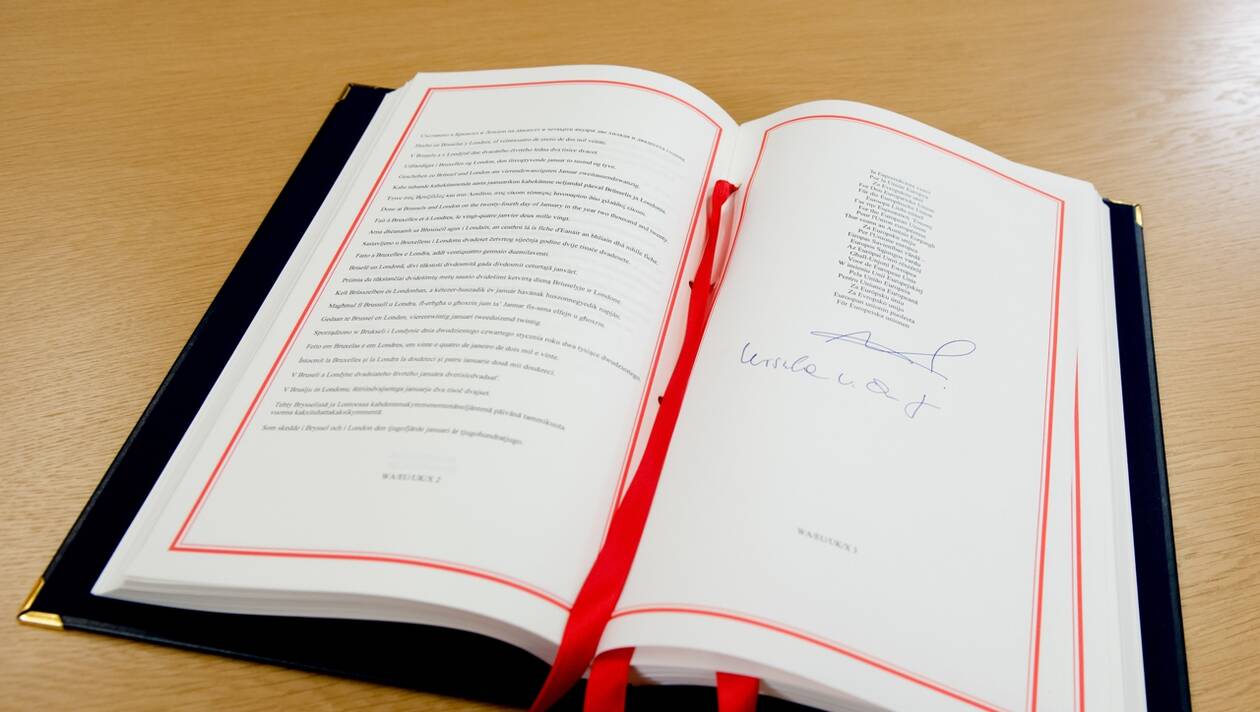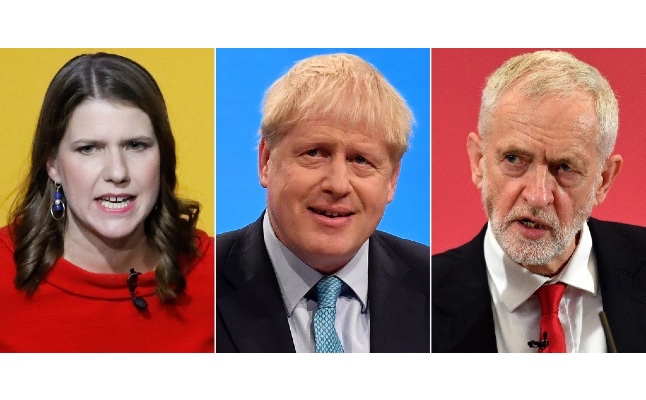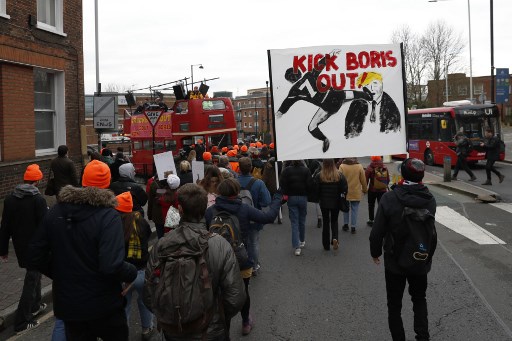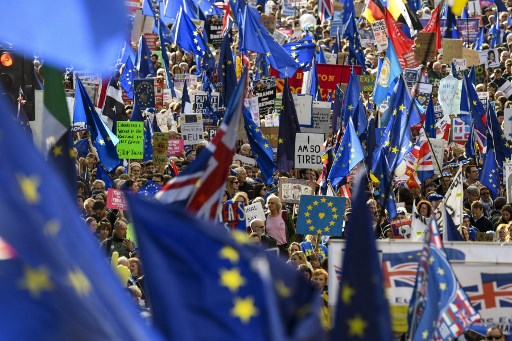
How Spain is outpacing the UK when it comes to women in politics
For over 100 years, International Women’s Day has celebrated women’s social, economic, cultural and political achievements, writes Bremain Chair Sue Wilson MBE for Olive Press. In that time, the change in the way women are treated, or in the opportunities available to them, has been considerable. Yet in many important respects, women are still far from equal to their male counterparts in society, especially in the workplace.
In politics in the modern world, we are becoming more used to seeing countries led by women. Many of those female leaders have been many particularly noteworthy and inspiring, especially during the pandemic. Angela Merkel, Jacinda Ardern and Ursula von der Leyen are amongst those that have stood out for their compassion, their strength, their intelligence and their determination. However, in terms of the total numbers of politicians, men still make up the vast majority at all political levels.
Spain is leading the way in Europe with the largest number of women in parliament at close to 50%. In Cabinet, that number is even higher, with women taking the majority of ministerial roles, including that of Vice President. Not the top job yet though.
In many respects, Spain is still clinging to its macho past. However, the government are making considerable efforts to change that, and judging by the representation of women in parliament, those efforts are working.
By comparison, the UK is falling behind. Since 1918, there have only been a total of 558 female members of parliament. Until the end of 2016, there had been fewer women sitting in the House of Commons thoughout history than there were men sitting at any one time.
Although numbers have increased to the current high of 224, currently male MPs outnumber female MPs in the Commons almost two to one. In the House of Lords, the representation of women is even worse, with them making up less than 28% of the total (231 out of 829). In the Cabinet, at the highest levels of British government, that number drops to just 26%, with only six women in ministerial positions.
Inequality for women in politics in Britain is also an issue of party. Adding together the opposition parties, almost 43% of positions are held by women. If you look at Labour on its own, that figure rises to 51%, with half of the Shadow Cabinet being female. By comparison, in the Conservative party, the figure drops to less than a third. Some parties, it would seem, are more equal than others.
Inequality for women in politics in Britain is also an issue of party. Adding together the opposition parties, almost 43% of positions are held by women. If you look at Labour on its own, that figure rises to 51%, with half of the Shadow Cabinet being female. By comparison, in the Conservative party, the figure drops to less than a third. Some parties, it would seem, are more equal than others.
As in Spain, British women make up just over half of the total UK population. Yet we are pitifully unrepresented in British politics and in British decision making. That said, we are not alone. Decisions being made by our government are not representative of the views of the majority of the British public, regardless of their sex. There’s a reason you no longer hear the once infamous cry of the “will of the people”. Even our government don’t try that lie on anymore.
As long as important decisions affecting the future of our country are being made by rich, middle-aged, white men, its not just women whose voices won’t be heard. Inequality comes in a variety of shapes and sizes. We must fight it in every form, at every opportunity, for the benefit of men and women alike.






 Last week saw the publication of manifestos from the main political parties, ahead of the UK general election.
Last week saw the publication of manifestos from the main political parties, ahead of the UK general election.
 Thanks to Brexit, I’ve recently taken more interest in British politics than in the political situation here in Spain. I’ve focused on the forthcoming British election, rather than on the Spanish one, although both have come around rather quickly!
Thanks to Brexit, I’ve recently taken more interest in British politics than in the political situation here in Spain. I’ve focused on the forthcoming British election, rather than on the Spanish one, although both have come around rather quickly!






